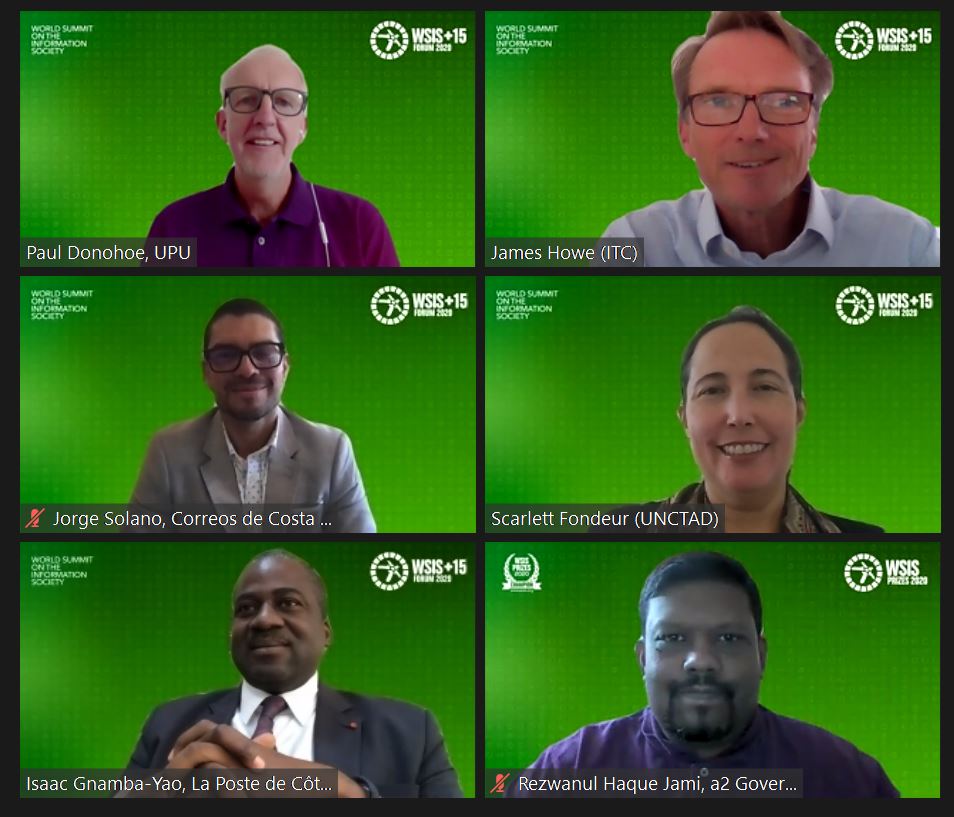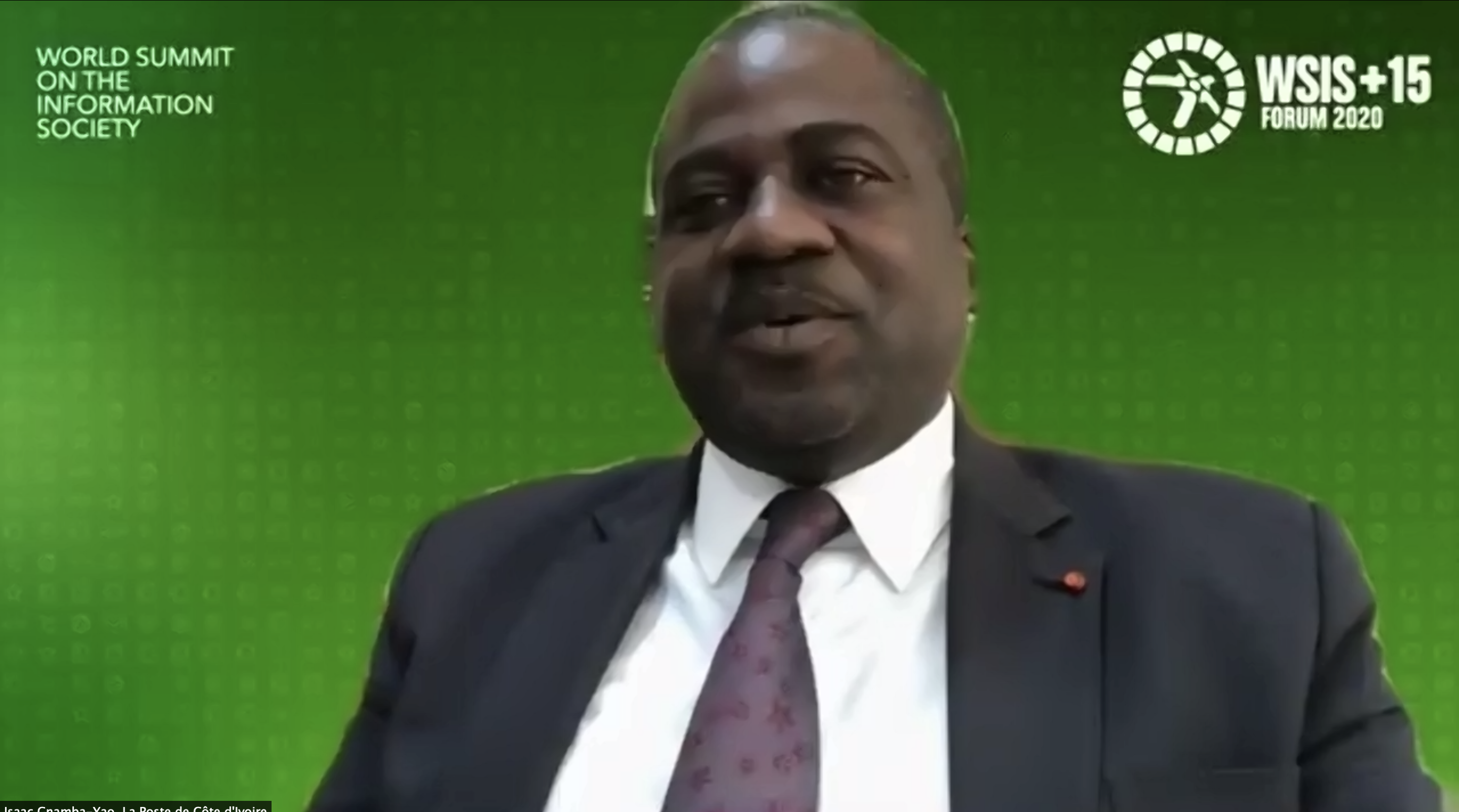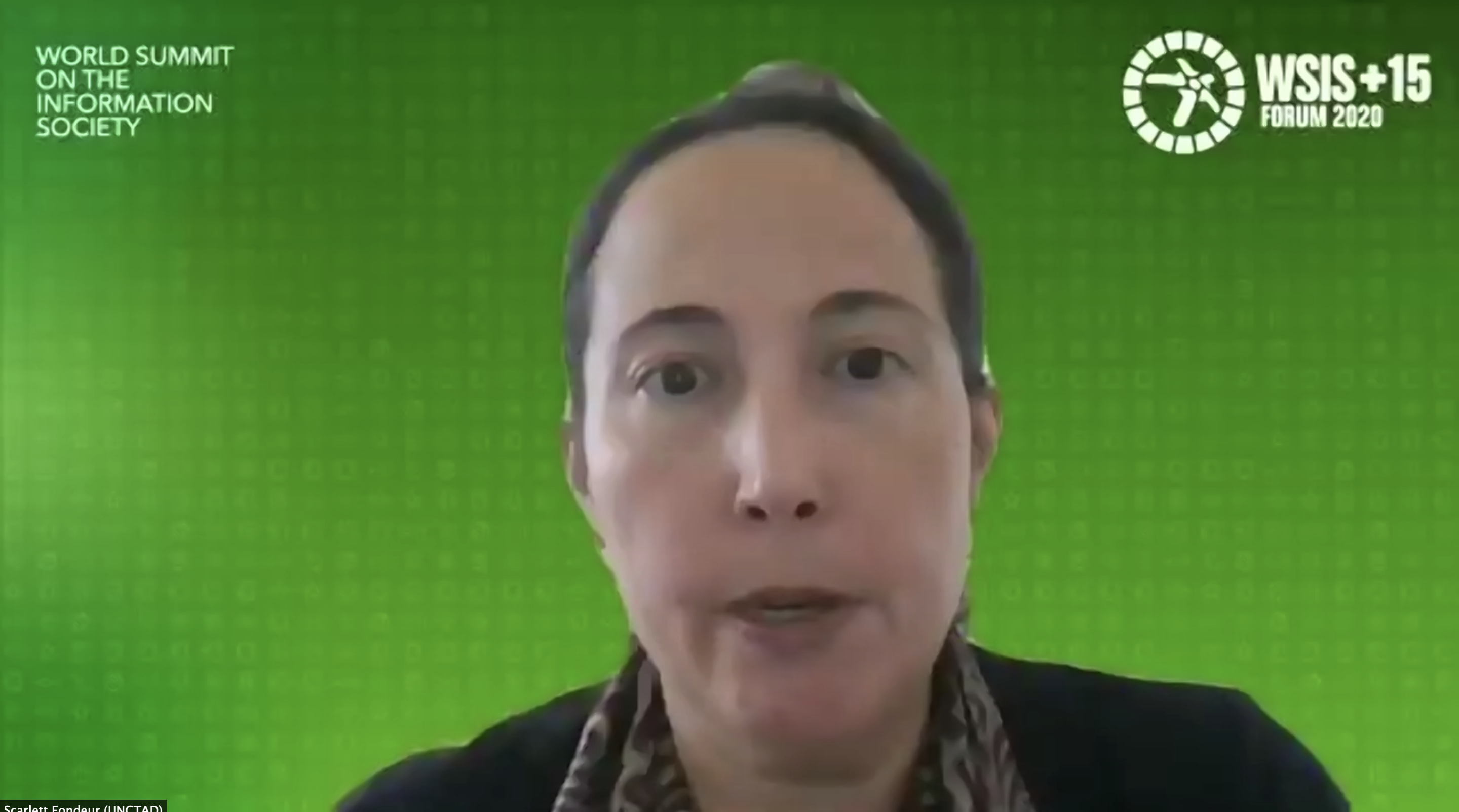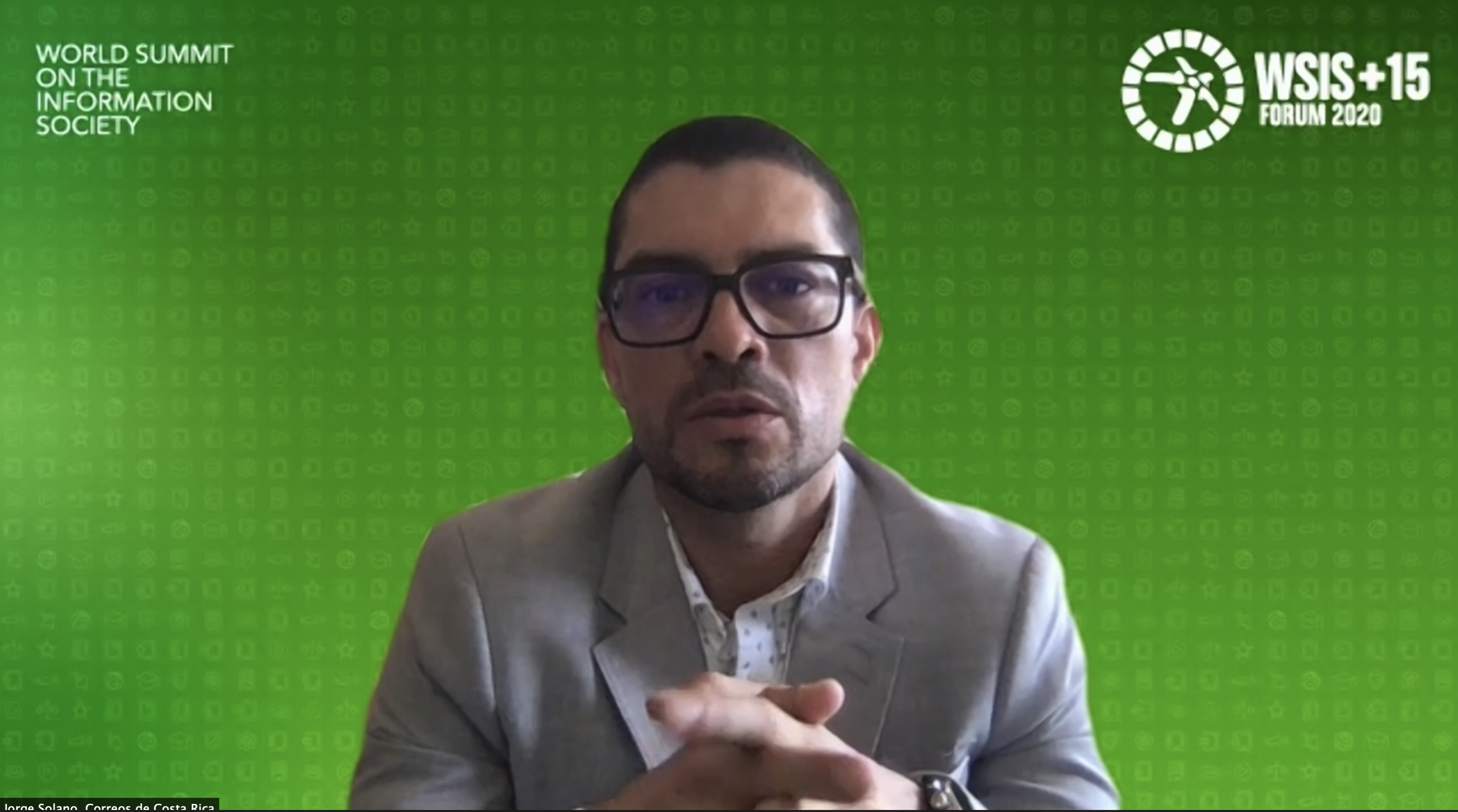ALFM C7: E-Business: Accelerating the creation of value in e-business for developing countries
UNCTAD/UPU/ITC
Session 343
Public and private sector collaboration to create value in e-business
With 15 years of WSIS progress and 10 years remaining to achieve the 2030 agenda, the global community is under pressure to deliver inclusive and sustainable e-business development. Ongoing e-business and e-commerce initiatives must consider how to scale and maximize their impact. The session will consider how digitalization is changing the way e-business creates value, how the digital transformation of postal infrastructure and services can accelerate sustainable e-business and e-commerce development, and how to replicate good practices in SME inclusion.

Since 2015, first as Commercial Manager and then as the General Manager of Correos de Costa Rica, he leads the digital transformation of the Costa Rican Post. He has been responsible for the creation and launch of many new products that have put Correos as a referent of digital transformation in the country and in the postal community.

Since 2016, as Chief Executive Officer of La Poste Côte d’Ivoire, he leads the implementation of the revival of this great public institution and assures this important mission by the digital transformation of all the components of the post office. As CEO, Isaac is responsible for the company's management, the objective of which is to secure significant and sustainable growth in the value of the company for the Government of Côte d’Ivoire.

Rezwanul Haque Jami forwarded his career in technology and the IT field as the first module developer in Bangladesh to an avid Web developer and designer by the late 1990s. He is actively involved in enhancing the country’s foray into e-commerce, particularly engaging the rural economy in the digital market. His pioneer rural e-commerce service has paved the way for the development of technical capabilities among the rural population.

James leads advisory work on international marketing, branding and e-commerce in the Sector and Enterprise Competitiveness section of ITC. Project work involves working with institutional partners and groups of SMEs in developing and least developed countries, helping them to acquire capabilities to promote their goods and services in international markets.
James is programme manager for ITC’s “ecommerce Connect”, which supports inclusive access to e-commerce through training, networking and the provision of tools and advisory services.

Scarlett Fondeur Gil has worked for the Division on Technology and Logistics at UNCTAD since 2003. She and her colleagues produce UNCTAD’s flagship report on the digital economy, which looks at trends in ICT for sustainable trade and development. She also works on the development of information economy statistics, representing UNCTAD in the Partnership on Measuring ICT for Development. UNCTAD currently collects data on the use of ICT by businesses, on the ICT sector, and on international trade in ICT goods, and is working to improve the measurement of e-commerce and of international trade in ICT-enabled services.
.jpg)
Paul Donohoe is in charge of the Digital Economy and Trade Programme at the Universal Postal Union (UPU), a specialised agency of the United Nations responsible for coordinating the worldwide postal network.
Paul has worked at the UPU for over 15 years in a variety of roles, leading the digital transformation and digitization of the postal infrastructure. The UPU encourages a modern and intelligent postal network adapted to the digital age, to meet policy goals, and to ensure effective social, financial and trade inclusion of citizens and businesses. Within his portfolio is the development of e-commerce enabled postal services and the role of Post in the trade facilitation agenda.
Paul leads a team which explores challenges and gaps, and offers tools, advisory and technical assistance to policy-makers, regulators and their postal operators to be future-ready.
-
 C7. ICT applications: benefits in all aspects of life — E-business
C7. ICT applications: benefits in all aspects of life — E-business
-
 Goal 1: End poverty in all its forms everywhere
Goal 1: End poverty in all its forms everywhere
-
 Goal 2: End hunger, achieve food security and improved nutrition and promote sustainable agriculture
Goal 2: End hunger, achieve food security and improved nutrition and promote sustainable agriculture
-
 Goal 5: Achieve gender equality and empower all women and girls
Goal 5: Achieve gender equality and empower all women and girls
-
 Goal 8: Promote inclusive and sustainable economic growth, employment and decent work for all
Goal 8: Promote inclusive and sustainable economic growth, employment and decent work for all
-
 Goal 9: Build resilient infrastructure, promote sustainable industrialization and foster innovation
Goal 9: Build resilient infrastructure, promote sustainable industrialization and foster innovation
-
 Goal 17: Revitalize the global partnership for sustainable development
Goal 17: Revitalize the global partnership for sustainable development








